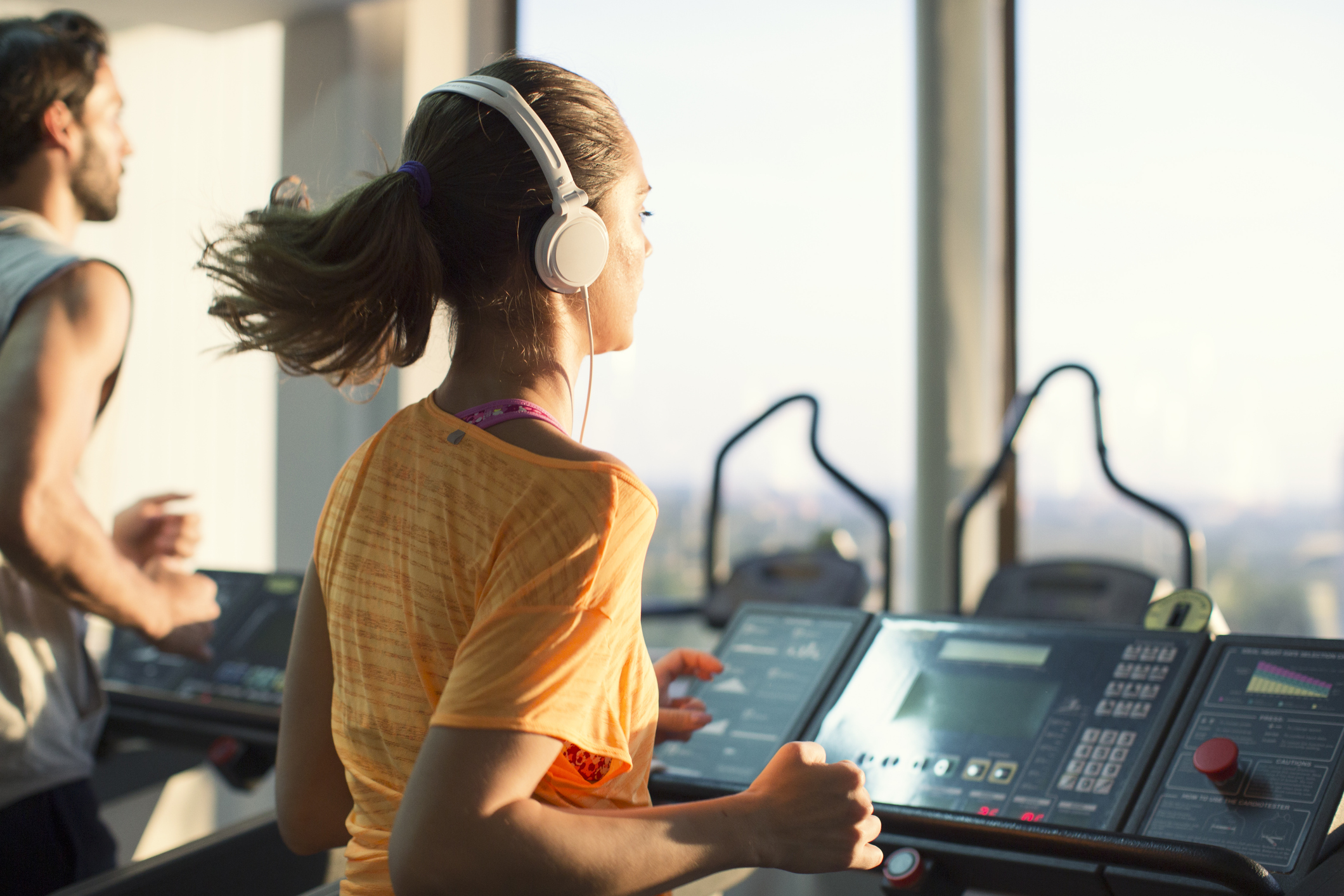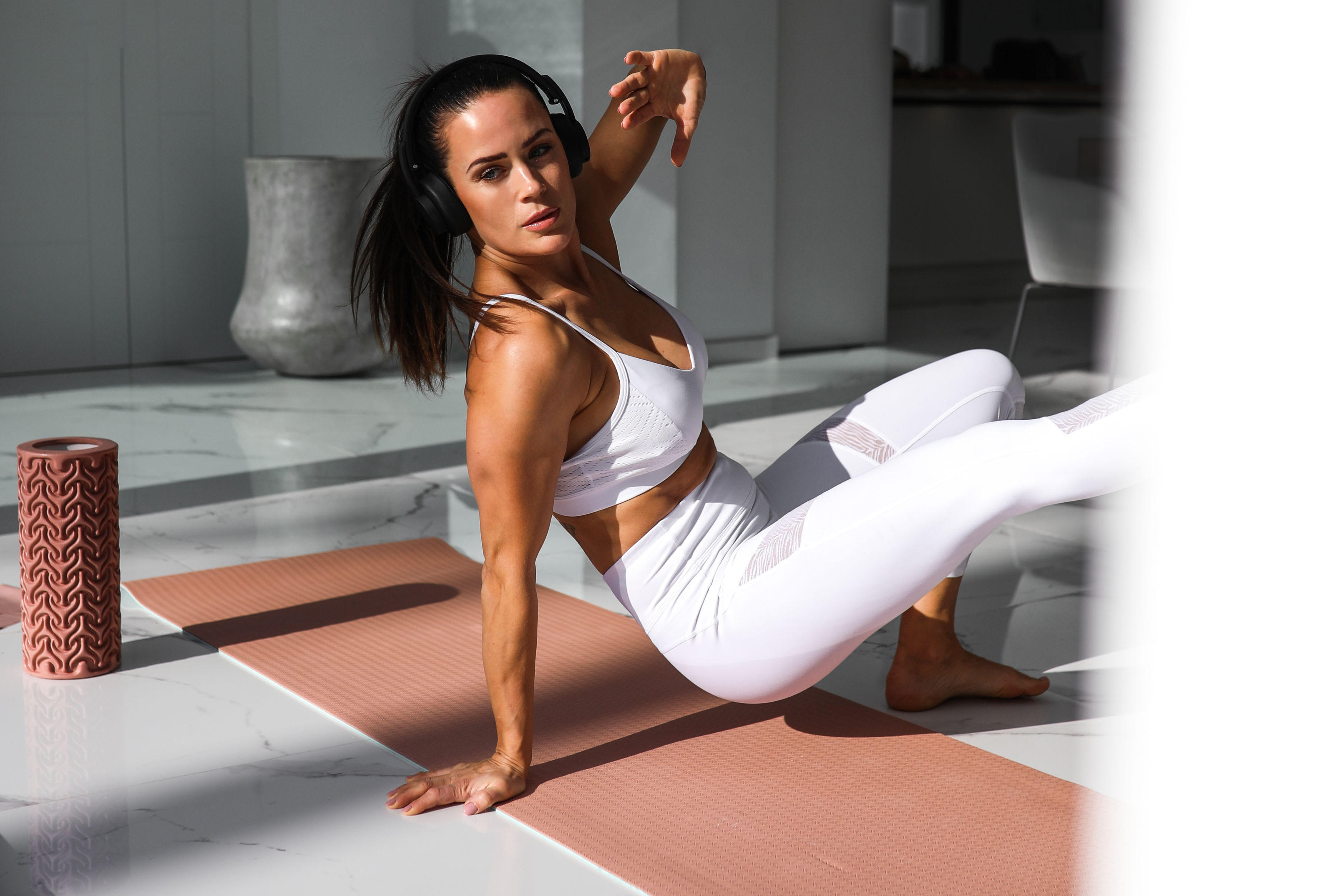Can You Improve Sleep by Physical Activity?
I have previously written about the importance of sleep here and here Since sleep has numerous beneficial effects, it is a good idea to employ di…
- Published: 12/20/2017
- Categories:
- 4 min. read

- Published: 12/20/2017
- Categories:
- 4 min. read
I have previously written about the importance of sleep here and here
Since sleep has numerous beneficial effects, it is a good idea to employ different strategies to improve sleep. In a previous post here at Lifesum, Jhady has outlined a few strategies for a better night´s sleep here.
In this article, we will delve a bit deeper into one of the strategies, regular exercise, and its effect on sleep.

In a meta-analysis (basically a study of many studies) the researchers investigated the effects of physical activity in different forms (eg aerobic (more endurance type exercise) or anaerobic (more strength type exercise)) on different measures of sleep.
They also looked at acute effects of exercise and effects regular exercise on sleep.
What the researchers found was that acute exercise potentially could increase total sleep time, help you fall asleep faster (sleep onset latency) and increase sleep efficiency.
Regular exercise on the other hand also seemed to have small positive effects on sleep time and sleep efficiency, small-to-medium effects on making you fall asleep faster, and moderate positive effects on sleep quality. Furthermore, a longer training session was associated with better results (Kredlow et al., 2015). Meaning, the more you exercise the better effect on sleep, but there will for sure be a point of diminishing returns and probably, a large enough exercise dose will most likely impair sleep. But, in general, the more you exercise the better effect.
The authors didn´t find any difference between the intensity of exercise or exercise type (aerobic or strength) on sleep (Kredlow et al., 2015). Which means that you probably won´t have to perform the most grueling exercises you can come up with and that you can choose whichever training modality you prefer.
The extent to which exercise can improve sleep are not completely established but the effects seem to be small-to-moderate. However, the overall beneficial effects of exercise are in my opinion reason enough to already warrant daily physical activity in one form or another.

In a recent review, researchers investigated the literature on the effects of resistance exercise (strength training) on sleep. What they found was that regular resistance exercise tends to have beneficial effects on sleep, especially self-reported sleep quality with a small effect on sleep duration. Interestingly and in contrast to Kredlow et al. 2015, in this review, they found that increased intensity of exercise actually gave greater beneficial effects on sleep quality compared to low intensity. Also, the frequency of exercise could also be important where the studies having increased frequency (3 times/week) reporting beneficial effects.
In addition to showing a beneficial effect on sleep quality, the resistance training also improved strength. This is a less controversial topic but nonetheless a great “side effect” of resistance training.

What´s more, the exercise also caused improvements in depression, anxiety, and stress (Kovacevic et al., 2017). This might actually be one of the most beneficial health effects of exercise, since mental health is paramount for a happy life.
The authors of the review (Kovacevic et al., 2017) point out that the effect of pharmacological treatment for sleep disturbances only show small-to-moderate effects on sleep quality, while resistance training show mostly moderate-to-large effects on sleep quality in the analysed studies (Kovacevic et al., 2017). This in combination with the risk of side effects from hypnotic pharmaceuticals (drugs aiding sleep) and the documented positive health effects of exercise makes physical activity a no-brainer to add to your daily routine for better overall health and sleep.
As for the optimal intensity, frequency, and type of exercise for beneficial effects on sleep, there is no clear answer yet. However, a general recommendation could be to perform exercises that challenge your strength at least a couple of times a week and perform exercises that challenge your endurance a couple times a week (at least get out of breath), and be physically active in some form every day. As always though, the physical activity should fit your personal goals and your preferences.
Since sleep is a vital part of life, and have many beneficial health effects including both mental and physical, it is a good idea to create habits that are both health promoting in and of itself but also have positive effects on sleep. Physical activity seems to be one of those habits.
So, if you aren’t already exercising regularly, I strongly suggest you find an exercise form and regimen that you like and can incorporate into your daily routine (or at least a few times a week).
Fredrik Wernstål is a final year medical student with a passion for nutrition, training, performance, and health. His goal is to help people reach a healthier and happier life by providing research-based advice.
References
Kovacevic, A., Mavros, Y., Heisz, J.J., Fiatarone Singh, M.A., 2017. The effect of resistance exercise on sleep: A systematic review of randomized controlled trials. Sleep Med. Rev. doi:10.1016/j.smrv.2017.07.002
Kredlow, M.A., Capozzoli, M.C., Hearon, B.A., Calkins, A.W., Otto, M.W., 2015. The effects of physical activity on sleep: a meta-analytic review. J. Behav. Med. 38, 427–449. doi:10.1007/s10865-015-9617-6
All of the content and media on Lifesum is created and published for information purposes only. It is not intended to be used as a substitute for medical advice or treatment. Users should always consult with a doctor or other health care professional for medical advice. If you have or think you are at risk of developing an eating disorder, do not use the Lifesum app and seek immediate medical help.